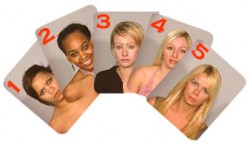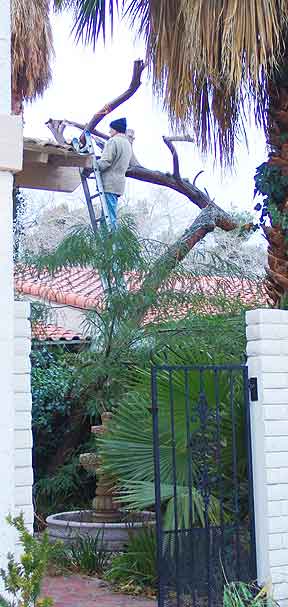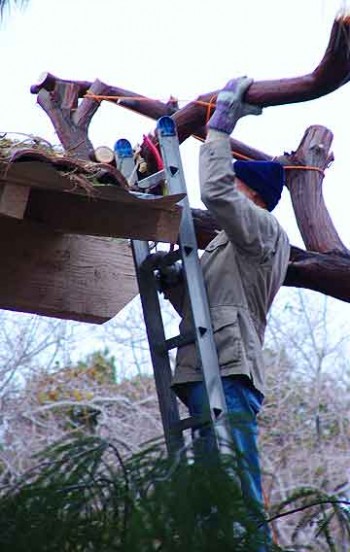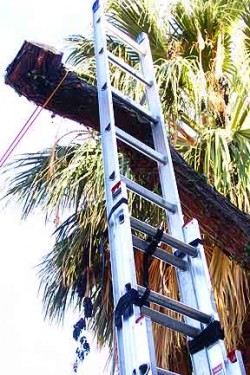
A couple of scumbags have been casing neighborhoods in Las Vegas, preying on elders. They chat up residents, pretending to be a former resident or a relative of a neighbor. They ask questions and gather information. When they’ve learned enough about someone elderly on the street, they approach the senior armed with facts and trivia—enough to garner the senior’s confidence. In every case, the bottom line is that they need money. The money’s not for them, of course; it’s for one of the neighbors, who is in a costly (fictitious) emergency situation, something medical, or maybe legal. The two solicitors are merely good samaritans.
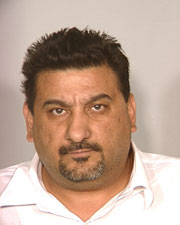
Classic social engineering. This pair of con artists has bilked 19 known victims in Las Vegas, all over age 73, out of tens of thousands of dollars. It’s likely that they’re connected to similar incidents in Arizona and California; it’s probable that many other victims exist, unaware they’ve been scammed, or embarrassed to come forward.
It sounds like a couple on a crime spree, but it’s much more than that. From our intensive workshop with NABI, we know that this is organized crime. Assistant district attorney Scott Mitchell called them gypsies. Most likely, they are members of one of the families called Travelers. These families move from town to town as they pull their scams, often on the elderly. They have a large repertoire, including sweetheart swindles, pigeon drops, fake lotto schemes, and home repair. Many of these are combined with plain old burglary.
The Travelers are organized crime families. So organized, that when they find a particularly gullible victim, they pass his info to the next family members scheduled to roll through that town. Then, even if the victim realizes that the roof repair or driveway resurfacing job was shoddy, he won’t recognize the brother or cousin who offers to paint the house with leftover paint from a job down the street, or the sister collecting funds for the sick man a few houses down.
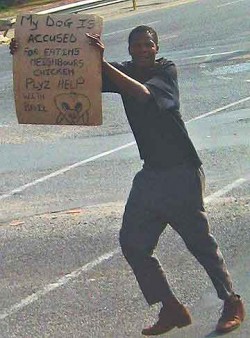
These fraudsters go to extremes in order to impersonate a good samaritan. Through social engineering, they manipulate their victims with a realistic story, bamboozle them with bullshit, dupe them, and exploit them. It always ends one way: the victims’ money in the Travelers’ hands. The two pictured above go so far as to drive their victims to their banks or ATMs.
These two have been arrested and are being held, as of this moment, at Clark County Detention Center in Las Vegas. Travelers are known to have lawyers on retainer and bail money at the ready. Although the two are considered flight risks, they may bail out on the condition that they wear GPS ankle devices.
Actually, that’s not likely. I just spoke with Lieutenant Bob Sebby, Las Vegas Metro, who said that 15 additional victims have been confirmed. Metro is asking other victims to come forward.



